18 Books Charlie Munger Thought Everyone Should Read at Least Once
Charlie Munger, the late vice chairman of Berkshire Hathaway and Warren Buffett’s closest business partner, was an investing master and a lifelong reader. Munger believed in building what he called a “latticework of mental models.” These 18 books were the key tools in that process.
Poor Charlie’s Almanack by Charlie Munger
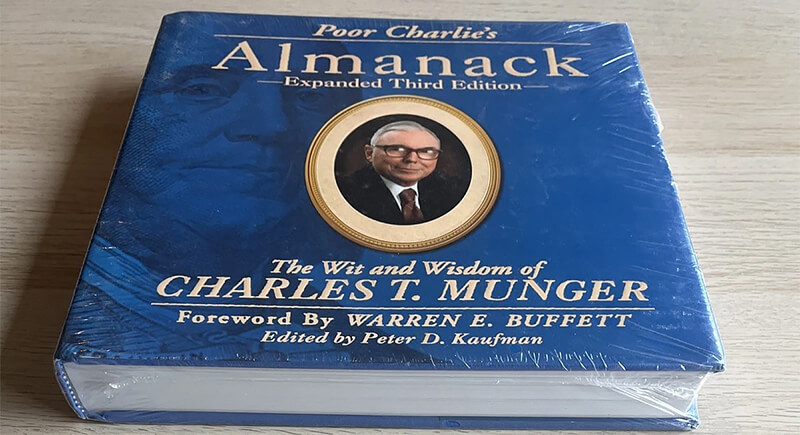
Credit: Ebay
Munger’s book might feel a bit meta on a list like this, but it’s essential. It’s packed with lectures, quotes, and insight into how he applied different fields of knowledge to decision-making. The wisdom and the hard truths make it a playbook for thinking sharply.
Influence: The Psychology of Persuasion by Robert Cialdini
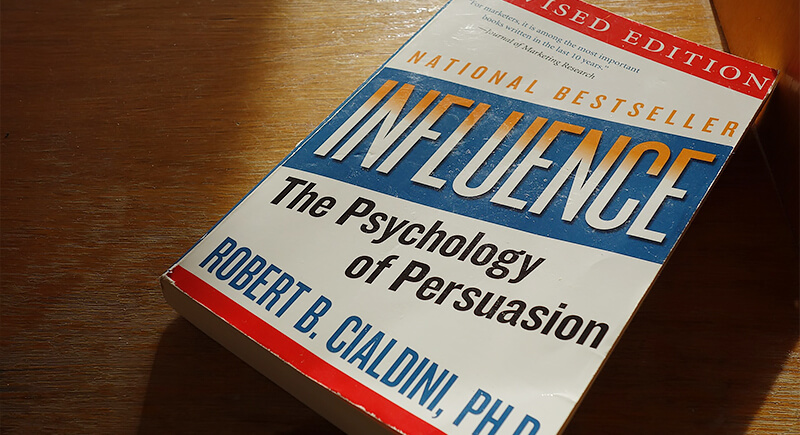
Credit: Wikimedia Commons
This one is a cheat code to understanding how humans work. Munger constantly warned about incentive-caused bias, and this book shows it in action, from sales tactics to social pressure. And once you see it, you can’t unsee it.
The Selfish Gene by Richard Dawkins
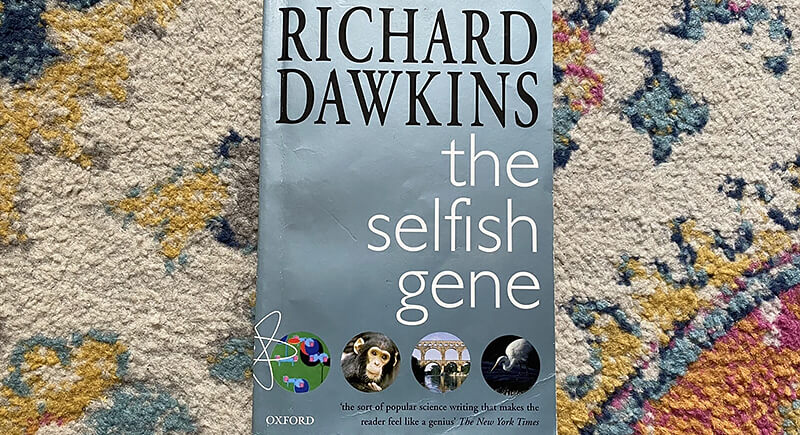
Credit: Ebay
To Munger, understanding biology meant understanding behavior. Dawkins’ evolutionary view re-frames how humans and markets operate. Survival is not always pretty, and neither is business. But understanding the forces behind both gives you an edge.
Guns, Germs, and Steel by Jared Diamond
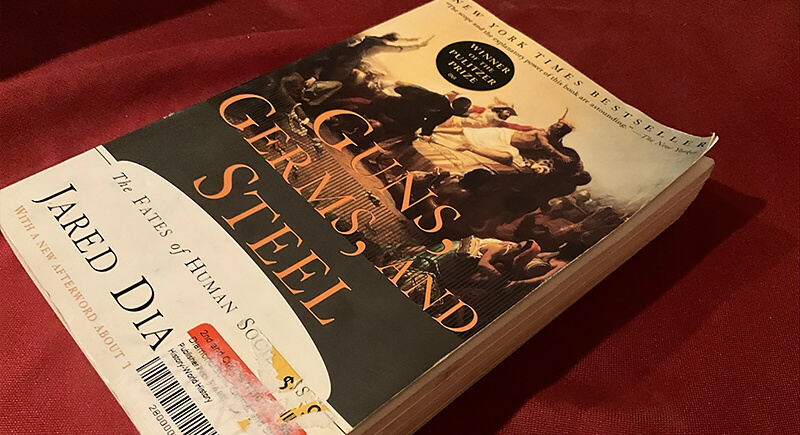
Credit: Ebay
You’ll lose nothing with this quick read because it’s unforgettable. Munger praised it for explaining why some societies advanced faster than others, not because of intelligence, but geography, agriculture, and disease. Its history is told through a lens of logic, the kind Munger appreciated most.
The Art of Strategy by Avinash K. Dixit and Barry J. Nalebuff

Credit: Facebook
Strategy is not just for generals and CEOs; it’s for everyday choices. This book shows how game theory applies to things like negotiating and dating, or even playing poker. Munger liked thinkers who could link ideas across disciplines, and this one fits that bill exactly.
Thinking, Fast and Slow by Daniel Kahneman
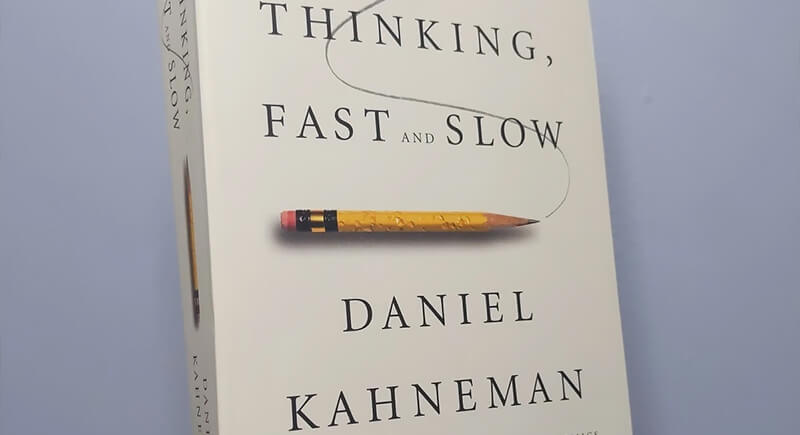
Credit: Ebay
Kahneman, a Nobel laureate, investigates how we really make decisions. Spoiler Alert: They’re often wrong. Munger valued clear-headed thinking, and this book dissects the shortcuts our brains take. It’s dense but eye-opening.
The Psychology of Human Misjudgment by Charlie Munger
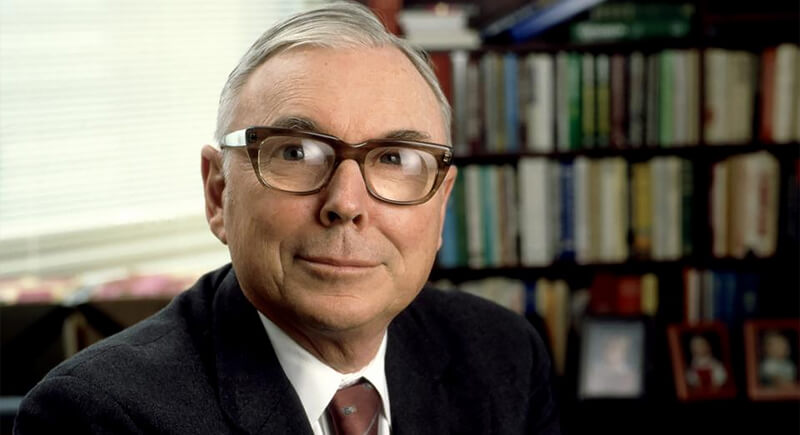
Credit: Reddit
Technically, it is a speech, not a book, but it’s too good to leave out. In it, Munger breaks down the common mental errors we make—from social proof to envy—and how they wreck judgment. It’s blunt, loaded with examples, and unlike anything you’d hear in a classroom.
Business Adventures by John Brooks
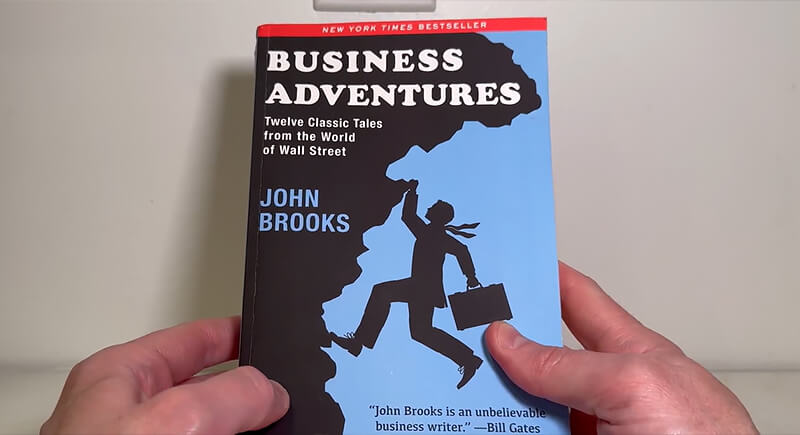
Credit: Amazon
Warren Buffett handed Bill Gates this good read, and his business partner respected it, too. It’s a collection of case studies from Wall Street that show that success and failure in business often come from human behavior, not spreadsheets. The Ford Edsel story alone is worth the read.
The Elements of Style by William Strunk Jr. and E.B. White
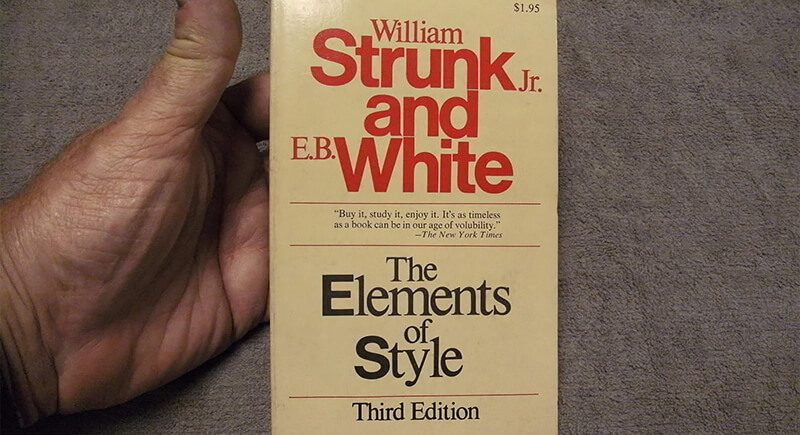
Credit: Ebay
Munger did not waste words, and this book shows how to write like that. Clarity matters, whether it’s in an email, memo, or pitch deck. If you can’t explain it simply, you don’t understand it. That was Munger’s view, and Strunk & White hammer it home.
The Checklist Manifesto by Atul Gawande

Credit: Ebay
Checklists sound boring—until you realize they can save lives and billions of dollars. Munger liked this one because it showed that even experts need systems. The emphasis is on ensuring nothing critical gets missed when the pressure is high up there.
Man’s Search for Meaning by Viktor Frankl
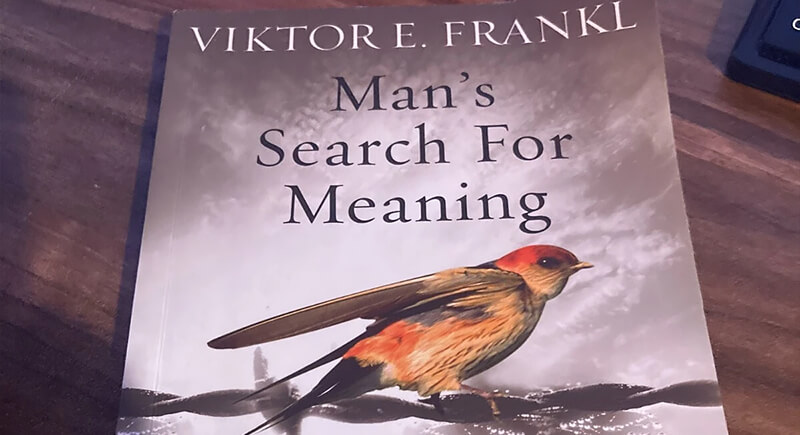
Credit: Ebay
Frankl’s story of surviving Auschwitz and then building a theory of purpose stuck with Munger. He admired thinkers who endured and analyzed afterward. More than a memoir, it has become a guide to resilience.
Economics in One Lesson by Henry Hazlitt
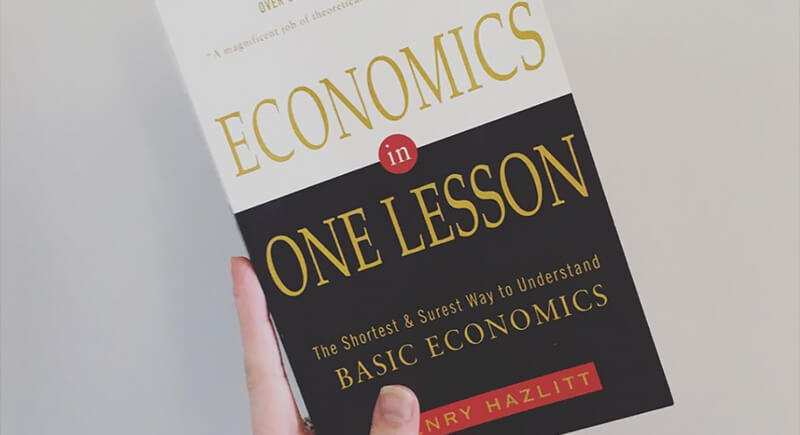
Credit: Facebook
This Henry Hazlitt book is one that Munger would recommend to anyone new to economics. It’s filled with real-world examples showing why intentions don’t always match outcomes. It’s sharp and packed with the kind of common-sense analysis the business mogul often used in shareholder meetings.
On the Origin of Species by Charles Darwin
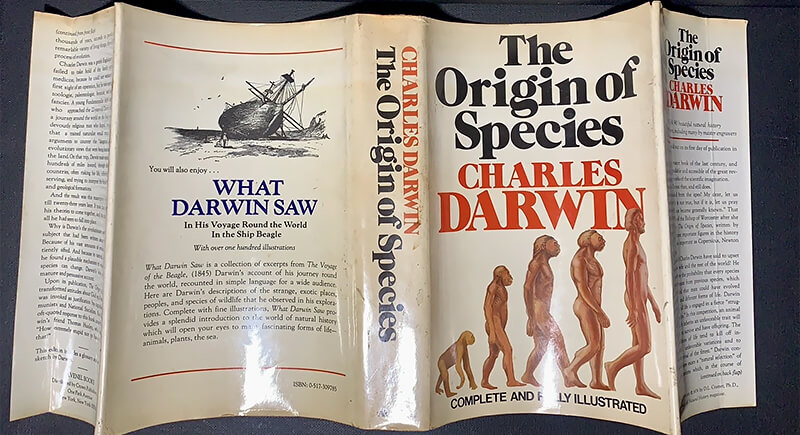
Credit: Ebay
Darwin wasn’t just for biologists, in Munger’s view. Evolution applies just as much to markets, corporate strategies, and personal habits. He believed that the forces of adaptation, variation, and extinction governed business like biology. Reading Darwin reminded him that survival depended on adjusting when conditions changed—sometimes gradually, sometimes suddenly.
Extraordinary Popular Delusions and the Madness of Crowds by Charles Mackay
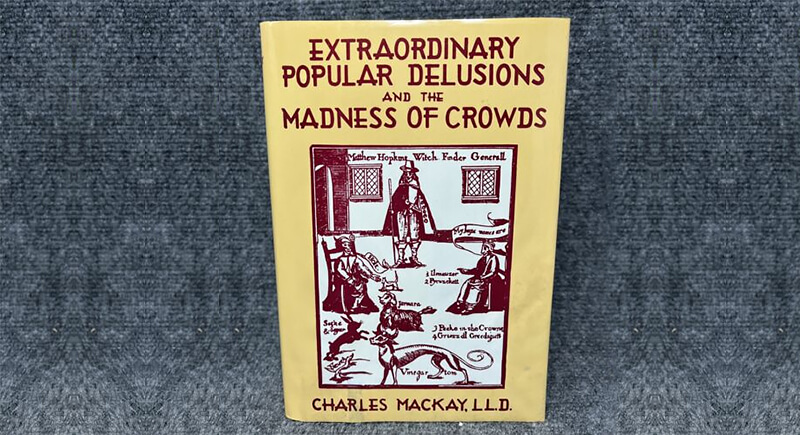
Credit: Ebay
People lose their minds in groups, and Charles Mackay captures that madness with sharp historical detail. From tulip mania in 17th-century Holland to outrageous stock bubbles, the book shows how collective irrationality takes over. Munger referenced it often to explain how even the smartest people fall hard for foolish trends.
The Structure of Scientific Revolutions by Thomas S. Kuhn
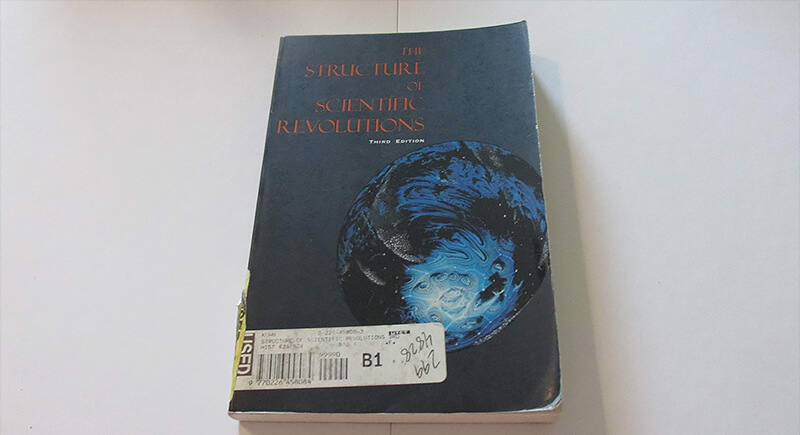
Credit: Amazon
Munger liked Thomas Kuhn’s idea that science doesn’t move in a straight line—it shifts in bursts when old assumptions collapse. Kuhn’s concept of paradigm shifts applies neatly to investing. When consensus thinking fails and the crowd clings to outdated models, that’s precisely when savvy investors find both risk and reward.
Surely You’re Joking, Mr. Feynman! by Richard P. Feynman

Credit: Ebay
Feynman’s mix of curiosity and humor made him a genius and one of Munger’s favorites. This book is a loose set of stories showing how someone smart stays humble, asks questions, and follows ideas across boundaries. It’s not a guidebook, but it teaches like one.
Security Analysis by Benjamin Graham and David Dodd
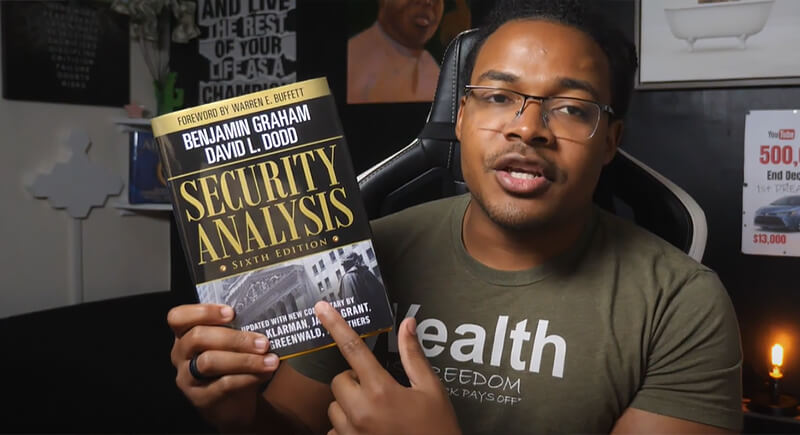
Credit: Youtube
This special read is the investing bible. Graham’s deep-value approach laid the groundwork for Buffett—and by extension, Munger. It’s about digging into facts, ignoring hype, and remembering that a stock is part of a business, not just a ticker.
The Wealth of Nations by Adam Smith
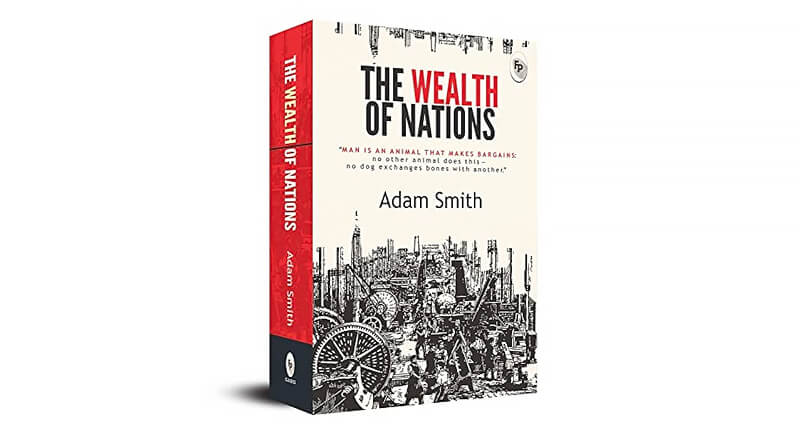
Credit: Amazon
Smith’s take on capitalism is economic, but it’s also philosophical at the same time. Munger called him one of the best thinkers in history. The invisible hand idea is famous, but Smith also warned about monopolies and corruption.